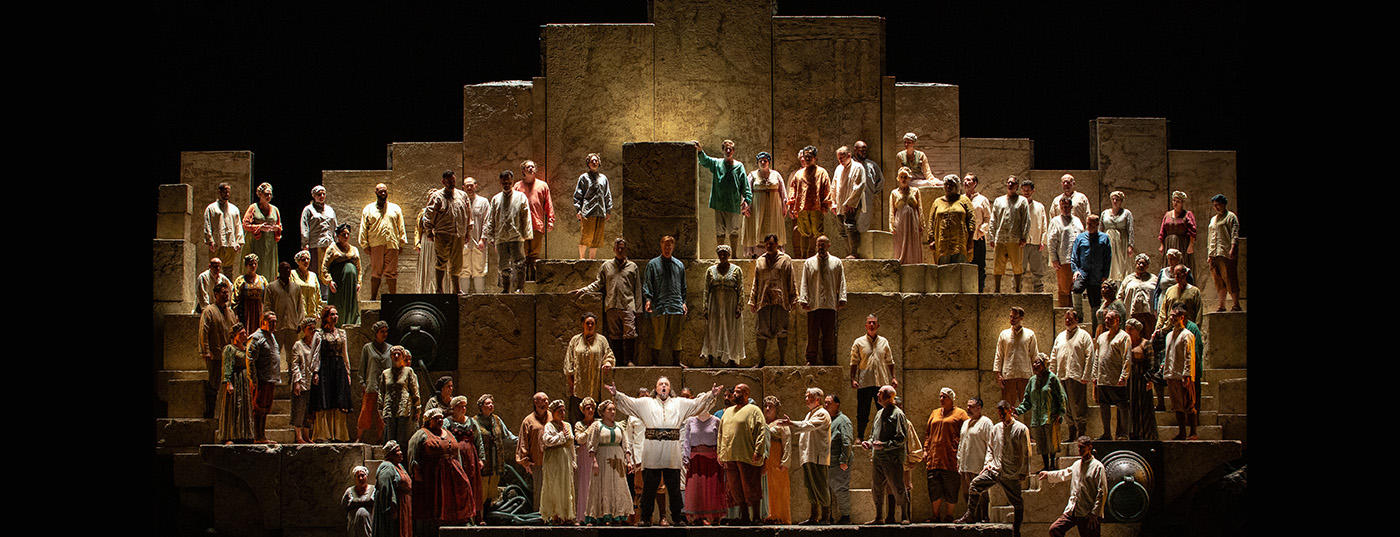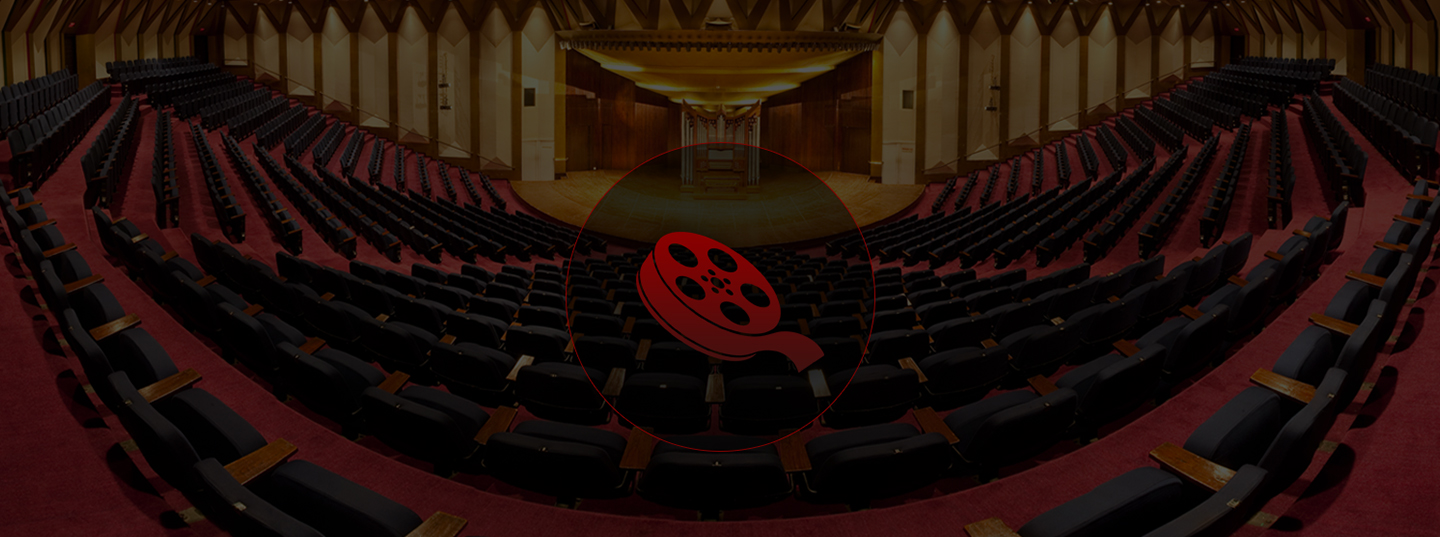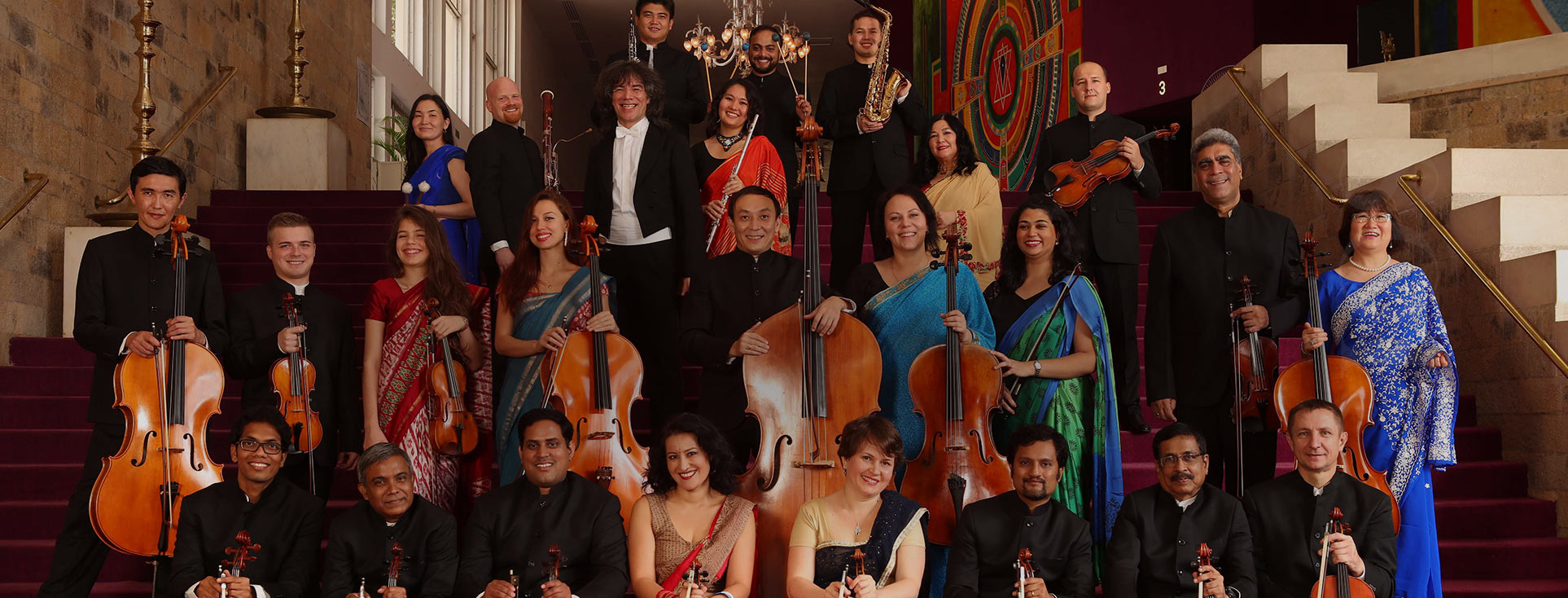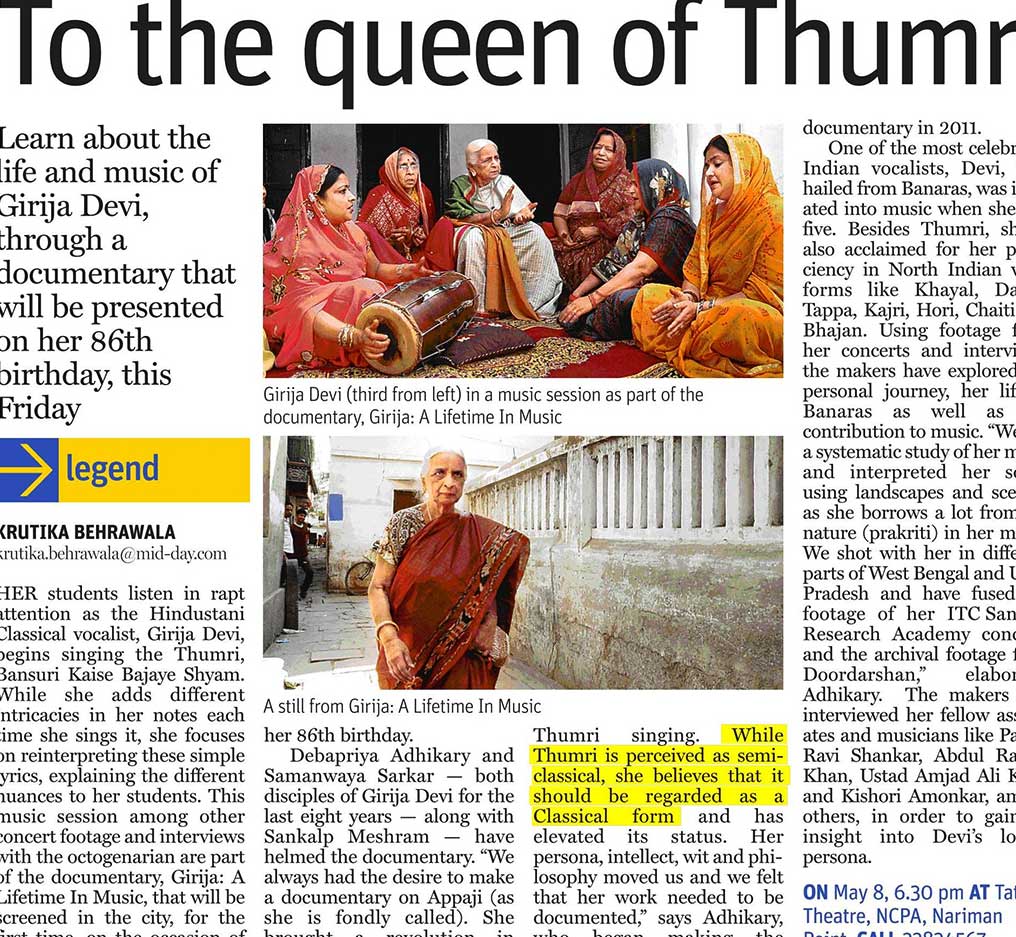-
Venue
Godrej Dance Theatre -
Date Time
13 April 2024 | 4:00 pm
-
Age Limit
6+ -
Member Price
Rs.450/- -
Non Member Price
Rs.500/-
Event Details
by Giuseppe Verdi
Opera Screening
An NCPA-The Metropolitan Opera (New York) Presentation
The success of Giuseppe Verdi’s third opera, a stirring drama about the fall of ancient Jerusalem at the hands of Nebuchadnezzar “Nabucco”, catapulted the 28-year-old composer to international fame. The music and Verdi himself were subsumed into a surge of patriotic fervour culminating in the foundation of the modern nation of Italy. Specifically, the ‘Chorus of the Hebrew Slaves’ also called ‘Va, pensiero’, in which Israelites express the longing for their homeland, came to stand for the country’s aspirations for unity and that exciting era in Italian history, the risorgimento or resurgence. In a remarkable career spanning six decades in the theatre, Verdi composed 26 operas, at least half of which are at the core of today’s repertoire. His role in Italy’s cultural and political development has made him an icon in his native country. Temistocle Solera’s libretto takes some liberties with biblical history, and the characters, other than the title role, are dramatic inventions, but the story stays close to events as they are related in Jewish scriptures: primarily Jeremiah, as well as two Kings, two Chronicles, Daniel and the Psalms. The first part takes place around the destruction of the first temple in Jerusalem in 586 B.C.E, with the remainder of the opera set in various locations in the city of Babylon. Nabucco’s score, with its contrasts of the dynamic and the serene, provides an ideal frame for the personal and communal aspects of the drama. The chorus is assigned a major role, giving voice to a wide spectrum of feelings, from terror at the beginning to despair, faith and finally bright hope. Rather than depicting a character that goes mad, as in so many other operas, Abigaille’s aria reflects a personality that embodies madness through sheer malice. The opera contains a brief scene of madness for the title character, but Verdi gives more emphasis to Nabucco’s return to sanity in his poignant Act IV aria ‘Dio di Giuda’. The supreme example of operatic prayer, of course, is found in ‘Va, pensiero’. The simplicity of the choral melody and the unity of the vocal line perfectly encapsulate the communal sentiment.
Conductor: Daniele Callegari
Cast: Liudmyla Monastyrska, Maria Barakova, SeokJong Baek, George Gagnidze & Dmitry Belosselskiy
Box Office now open.



